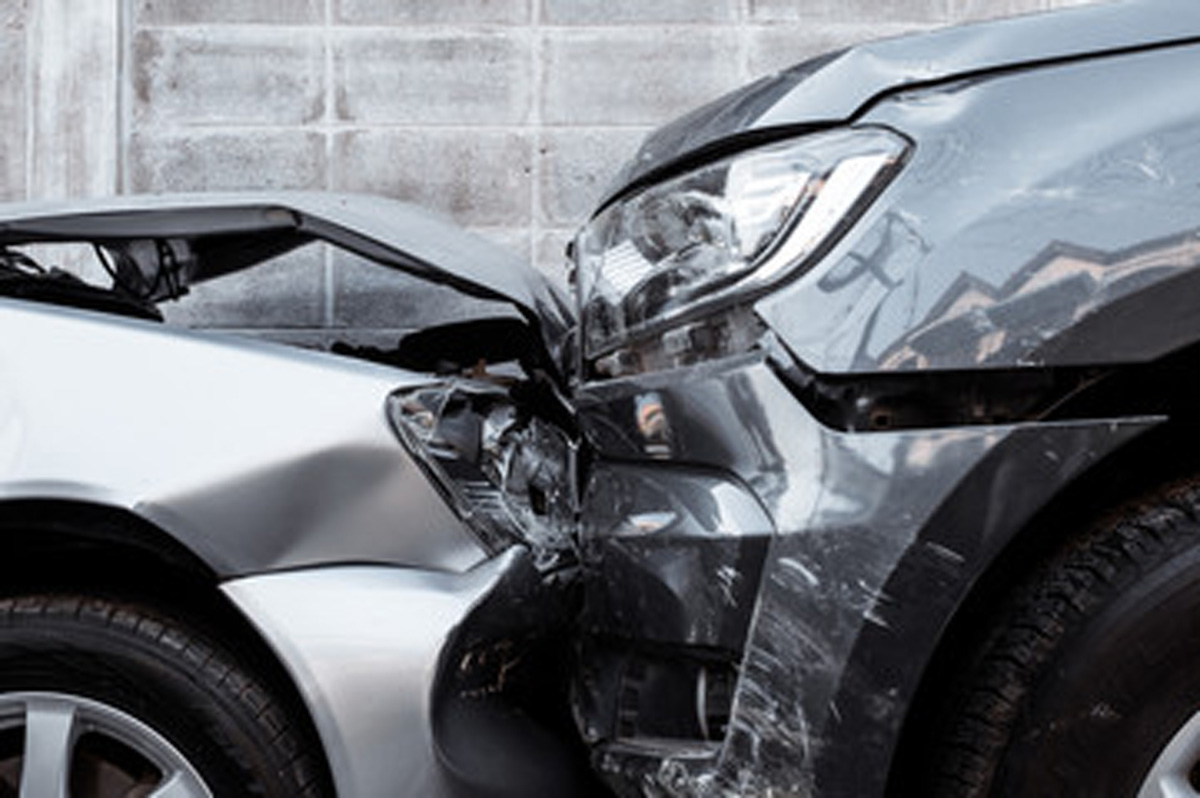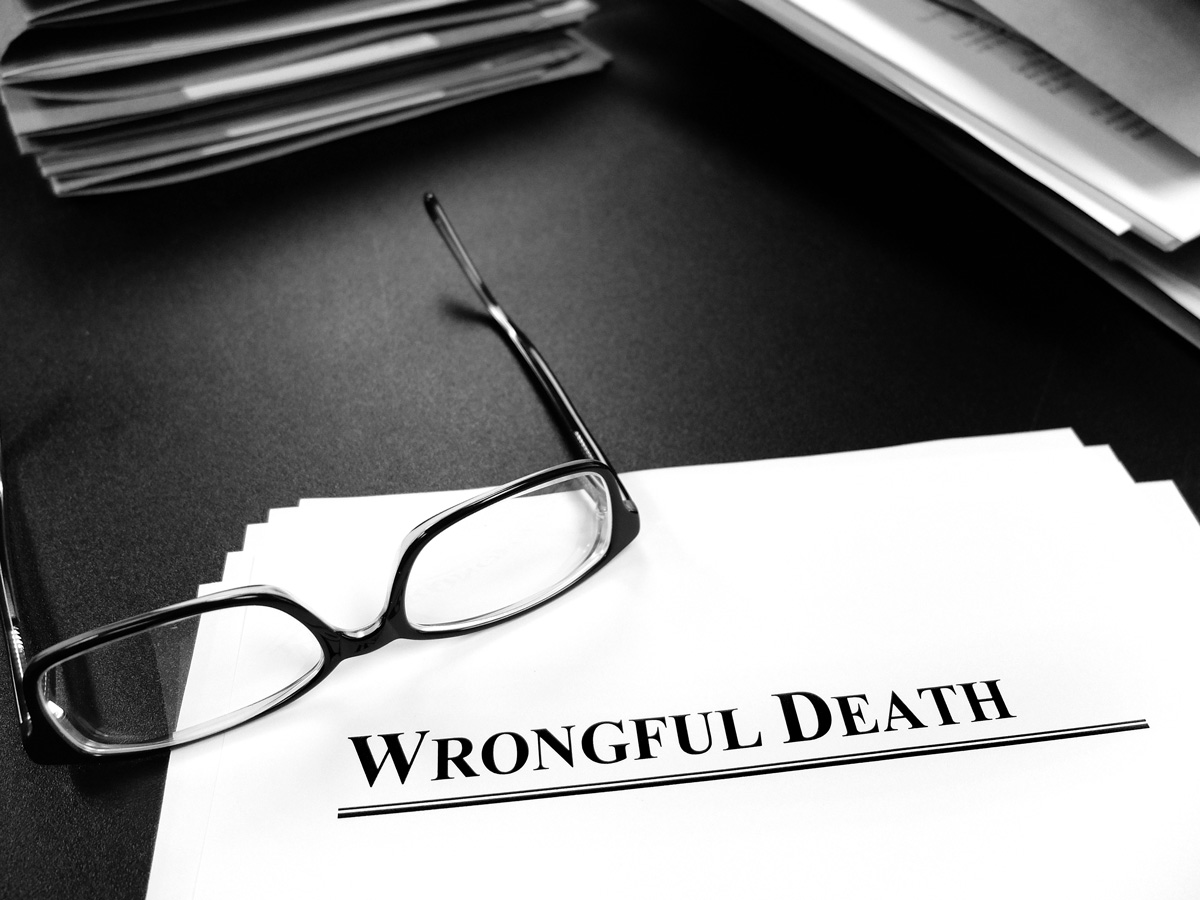Truck accidents can be devastating, and when they result in a brain injury, the consequences can be life-altering. Understanding the potential challenges and available resources is crucial for both the injured individual and their loved ones. This comprehensive guide explores the various aspects of brain injuries sustained in truck accidents, from diagnosis and treatment to legal recourse and long-term support.

Understanding Brain Injuries from Truck Accidents
Truck accidents often involve significant impact forces, increasing the risk of severe traumatic brain injuries (TBIs). These injuries range from mild concussions to severe diffuse axonal injuries, each with unique characteristics and recovery trajectories. Understanding the types of brain injuries is the first step towards effective treatment and support.

Types of TBIs include concussions (mild traumatic brain injury), contusions (bruises on the brain), diffuse axonal injuries (damage to nerve fibers), hemorrhages (bleeding in the brain), and skull fractures. The severity of a TBI depends on several factors, including the force of impact, the location of the injury, and the individual's overall health. Early diagnosis and appropriate medical intervention are critical for minimizing long-term complications. Prompt medical attention is crucial in mitigating the effects of severe head trauma and maximizing the https://jsbin.com/dofoxuqeve chance of a full recovery.
Recognizing the Symptoms of a Brain Injury
Recognizing the symptoms of a brain injury is crucial for prompt diagnosis and treatment. These symptoms can vary greatly depending on the severity and location of the injury, but common signs include cognitive impairment, such as memory loss and difficulty concentrating, changes in personality or behavior, emotional lability (rapid mood swings), headaches, dizziness, nausea, and visual disturbances. Some individuals may also experience amnesia, affecting their recall of events before, during, or after the accident. A thorough neurological examination and advanced brain imaging techniques are frequently used to establish a precise diagnosis and prognosis.
Diagnosing a Brain Injury: Tests and Procedures
Diagnosing a brain injury involves a comprehensive evaluation process. Neurological examinations assess cognitive function, reflexes, and motor skills. Advanced imaging techniques, such as computed tomography (CT) scans and magnetic resonance imaging (MRI), provide detailed images of the brain, revealing structural damage such as bleeding, swelling, or contusions. Electroencephalography (EEG) monitors brainwave activity, aiding in identifying seizures or other electrical abnormalities. These diagnostic tools are essential in determining the extent of the injury and guiding treatment strategies. Early and accurate diagnosis is essential for planning appropriate treatment and supporting the healing process.
Treatment Options for Brain Injuries
Treatment for brain injuries varies widely depending on the severity and type of injury. In cases of severe trauma, emergency neurosurgery might be necessary to address life-threatening conditions such as intracranial bleeding or brain swelling. Cranial surgery may also be required to repair skull fractures or remove blood clots. Non-surgical treatments focus on managing symptoms and promoting recovery. Rehabilitation, including physical, occupational, and speech therapy, plays a vital role in restoring lost function and improving quality of life. Cognitive rehabilitation helps improve memory, attention, and executive functions. The focus is on improving long-term functional recovery, enhancing independence, and improving overall well-being.
Long-Term Effects and Chronic Symptoms
Brain injuries can have long-lasting consequences, significantly impacting daily life. Some individuals experience chronic symptoms such as post-traumatic amnesia, persistent headaches, cognitive decline, and emotional disturbances. Personality changes, difficulty with executive functions (planning, organizing, decision-making), and sleep disturbances are also common. The psychological impact can be profound, with many survivors facing anxiety, depression, or post-traumatic stress disorder (PTSD). Ongoing support and long-term care are often essential for managing these challenges effectively. Comprehensive long-term care plans often incorporate ongoing therapy, medication management, and adaptive strategies to improve daily functioning.
Pursuing Legal Recourse After a Truck Accident
If your brain injury resulted from a truck accident caused by another party's negligence, you may have grounds for a personal injury lawsuit. Consulting an experienced personal injury attorney specializing in truck accidents is crucial. They can help determine liability, gather evidence, and pursue compensation for medical expenses, lost wages, pain and suffering, and future care. Building a strong legal case involves detailed documentation of the accident, medical records, and expert witness testimony. The legal process is complex and often time-consuming. Seeking timely legal advice and counsel is often advantageous for navigating the legal processes effectively.
Supporting Someone with a Brain Injury
Supporting a loved one with a brain injury requires patience, understanding, and a commitment to long-term care. Family and friends can play a crucial role in emotional support, providing a safe and nurturing environment. Learning about the specific challenges faced by the individual is vital. Practical support such as assisting with daily tasks, managing medications, or attending therapy appointments can significantly improve their quality of life. Caregiver support groups and resources can provide valuable guidance and emotional support. Continuous encouragement, understanding, and appropriate assistance are essential elements of compassionate and supportive caregiving.
Preventive Measures for Truck Drivers
Truck drivers can take several steps to minimize the risk of accidents and brain injuries. Regular vehicle maintenance, adherence to traffic laws, and adequate rest are crucial. Defensive driving techniques, such as maintaining a safe following distance and avoiding distractions, can significantly reduce the chance of collisions. Professional driver training programs often emphasize safety protocols, hazard awareness, and accident prevention strategies. Implementing proactive safety measures is crucial in ensuring safer driving conditions and reducing the risk of potentially devastating truck accidents.
The Role of Insurance in Recovery
Insurance coverage plays a critical role in financing medical care and other related expenses after a truck accident. Understanding your insurance policy, including coverage limits and benefits, is essential. Working with insurance adjusters and legal professionals can simplify the process of filing claims and obtaining necessary financial assistance. Health insurance often covers medical treatment, rehabilitation, and therapy. Personal injury protection (PIP) coverage may also cover lost wages and other expenses. Navigating the complexities of insurance claims requires thorough understanding of policy provisions and diligent follow-up.
Truck Accident Statistics and Brain Injuries
Statistics on truck accidents and brain injuries highlight the severity of the problem. Data from sources like the National Highway Traffic Safety Administration (NHTSA) provide insights into accident rates, causes, and resulting injuries. These statistics underscore the need for enhanced safety measures, driver training, and public awareness campaigns. Analyzing these data patterns can help inform safety initiatives, develop better preventive measures, and ultimately reduce the incidence of truck accidents and associated brain injuries. Data-driven insights aid in developing effective strategies to improve road safety and reduce the number of brain injuries resulting from truck accidents.

Frequently Asked Questions
What are the first steps to take after a truck accident? Seek immediate medical attention, contact emergency services, and document the accident scene if possible.
How long does recovery from a traumatic brain injury take? Recovery time varies greatly depending on the severity of the injury and individual factors.
Can brain injuries lead to permanent disabilities? Yes, some brain injuries can result in permanent cognitive, physical, or emotional disabilities.
What should I include in my insurance claim? Include medical bills, lost wage documentation, and other expenses related to the accident and your injury.
Are there support groups for brain injury survivors? Yes, numerous support groups and organizations offer assistance and resources for brain injury survivors and their families.
In conclusion, suffering a brain injury in a truck accident presents significant challenges, but with appropriate medical care, rehabilitation, and legal support, recovery is possible. Understanding the potential consequences, seeking prompt medical attention, and pursuing available legal resources are crucial steps in navigating this difficult journey. Remember to reach out to support groups and advocate for your rights.